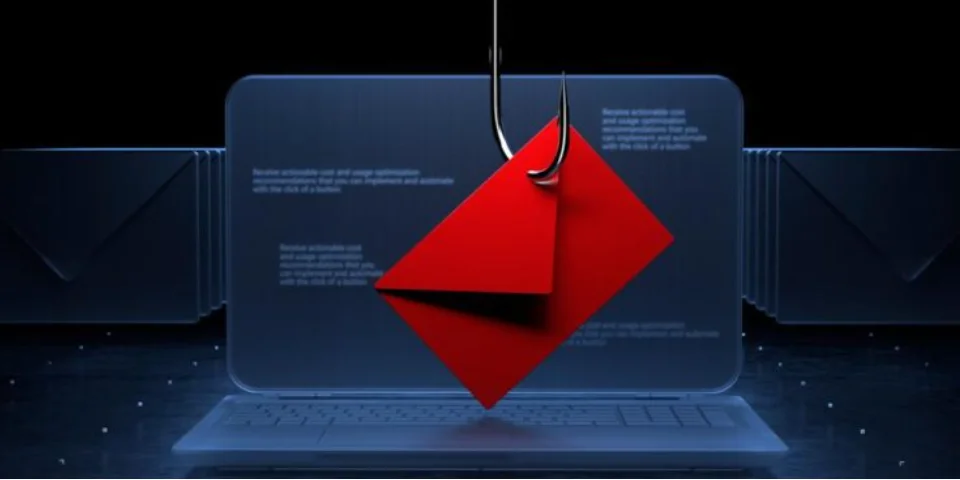Microsoft, Google, Apple Lead List of Most Impersonated Brands in Phishing Attacks — Q2 2025 Report
According to a new phishing trends report from Check Point Research, Microsoft, Google, and Apple were the top targets for phishing scams in Q2 2025, as cybercriminals increasingly mimic trusted tech brands to steal login credentials and financial data.
Microsoft: The Most Impersonated Brand in the World
Between April and June 2025, Microsoft was the most frequently spoofed brand, appearing in 25% of all phishing attempts globally. These attacks often involved fake login pages or spoofed email alerts, tricking users into surrendering sensitive credentials.
Following Microsoft:
- Google was second with 11% of phishing impersonations
- Apple ranked third at 9%
- Spotify surprisingly returned to the top 10 for the first time since 2019, ranking fourth with 6%
Other impersonated brands included:
- Adobe
- Amazon
- Booking.com
Phishing Attack Definition and Evolving Tactics
A phishing attack is a cybercrime where attackers impersonate a trusted entity to trick individuals into revealing:
- Usernames and passwords
- Credit card and banking details
- Personal or corporate data
These attacks are often executed via email, SMS, or fake login pages, designed to look nearly identical to the real services they mimic.
Technology Sector Remains Primary Target
Check Point Research emphasises that the technology sector continues to be the most impersonated, as cybercriminals prey on the trust users place in platforms like:
- Microsoft 365
- Google Workspace
- Cloud services
- Authentication tools
Omer Dembinsky, Data Research Manager at Check Point, noted:
“Cybercriminals continue to exploit the trust users place in well-known brands. The resurgence of Spotify and the surge in travel-related scams show how phishing attacks are adapting to user behavior and seasonal trends.”
Spotify Phishing Campaign Highlights Shift in Cybercrime
One of the most significant phishing campaigns in Q2 2025 involved Spotify. Attackers created a fake Spotify login page, tricking users into entering:
- Their account credentials
- Payment card details on a counterfeit checkout page
This attack reflects a broader trend toward targeting entertainment and subscription services, as users increasingly rely on digital platforms for streaming, gaming, and content access.
Booking.com Sees 1000% Spike in Phishing Attacks
The travel sector experienced a sharp rise in phishing activity, particularly targeting Booking.com. Over 700 Booking. com-themed phishing domains were created in Q2, many using a structure like:
confirmation-id[XXXX].com
These phishing sites included personalised user data such as:
- Full names
- Contact information
- Booking details
This data-driven phishing strategy increases the credibility and urgency of the scams, making them harder for users to detect.
Why This Matters for Nigerian Businesses and Users
While the phishing campaigns are global, Nigerian businesses and internet users are not immune. The widespread use of:
- Microsoft 365
- Google Workspace
- Spotify
- WhatsApp
means that local users are at risk of falling victim to sophisticated phishing scams.
Recommended Steps for Protection:
- Implement strong email security protocols
- Educate employees and users on phishing red flags
- Enable multi-factor authentication (MFA)
- Be cautious of urgent or unfamiliar links and messages
Conclusion: Stay Alert as Phishing Becomes More Strategic
As phishing attacks grow more seasonal, brand-specific, and data-personalised, both individuals and organisations must increase their vigilance. From tech giants like Microsoft and Apple to platforms like Spotify and Booking.com, brand impersonation remains one of the most effective tools in a cybercriminal’s arsenal.












